Mother City directors Miki Redelinghuys and Pearlie Joubert
Early in 2017, Pearlie Joubert commandeered her two teenage daughters to fill five-litre containers with water. She had just heard on a Cape Talk news bulletin that Cape Town mayor Patricia de Lille had had the water and electricity to the old Woodstock hospital — in which poor black Capetonians were living — cut off.
“I got very pissed off with that,” veteran journalist Joubert tells me on a Zoom call last week. “I think she tried to flush them out.”
This inspired her and Miki Redelinghuys to make their riveting film Mother City, which has been selected to open the acclaimed Encounters documentary film festival taking place in Cape Town and Johannesburg from 20 to 30 June. It will also be the film’s premiere.
When Joubert and her girls arrived at the hospital to support the occupiers, she bumped into Redelinghuys, who had had exactly the same idea.
“Miki was also there with her two children, also carrying five-litre plastic cans,” Joubert says, “and then we got chatting, and we thought, it’s such an interesting and fascinating story — this about civil disobedience clashing with property power, because this land is so clearly so valuable.”
The two filmmakers, who both lived in Woodstock and had known each other for years, decided there and then that this was a story that had to be told. That way of defiance, as an occupation, had never happened in Cape Town before.
The occupiers were in the hospital building, which had stood empty for 40 years, as well as in the Helen Bowden Nurses’ Home (now known as Ahmed Kathrada House) in Green Point to protest the sale of the city’s empty Tafelberg school, rather than developing the site for affordable housing.
But Mother City is also a story about Cape Town which, three decades after the end of apartheid, remains one of the world’s most racially and economically segregated cities.
“I mean you can’t live in Cape Town and not be overwhelmed with the inequality,” says Joubert.
“Cape Town can be very cruel … it is not a welcoming place if you are poor and black.
“I guess that’s universally true — if you’re poor and black the world is a fucking cruel and hard place.
“In Cape Town, with that incredibly beautiful backdrop, it’s more visible and more visual — the cruelty of when you are locked out, you are locked out.”
“These two old white women” —to use Joubert’s description — had a few meetings with the occupiers, who had organised themselves as Reclaim the City, the previous year.
Next stop was Ndifuna Ukwazi, the law centre that was supporting Reclaim the City in its numerous battles with hardcore city bosses.
These city fathers were attempting to criminalise more than 1 000 formerly homeless, evicted and displaced people who were trying to keep a roof over their heads.
“We weren’t quite sure what the story would look like.
“We thought we would work on it for 18 months or so …” Joubert adds with a chuckle: “Six years later, we finally had finished shooting our film.”
That long-term investment of staying on the story makes Mother City a beautifully observed, deeply human, multi-layered film with lots of depth.
Joubert and Redelinghuys clearly became so much part of the scenery that the wonderful cast of real-life characters, such as Reclaim the City’s inspirational Nkosikhona Swartbooi and his peers, forgot about the camera, and we get to know these working-class heroes intimately.
It makes us care about the outcome of this classic David-versus-Goliath battle between passionate activists and politicians and property power-brokers.
You find yourself cheering them on as they take to the streets; stare down heavies in private-security armoured trucks; invade the Rondebosch golf course (“The size of 45 soccer fields!” Swartbooi tells the protesters as pissed-off middle-class golfers glare at them in the background); battle in court with the amazing young lawyers from Ndifuna Ukwazi; gatecrash a fancy dinner hosted by then Western Cape premier Helen Zille, acting all Karen; mass into stuffy parliament and protest at the homes of the people in power.
All to get their voices heard.
As Swartbooi points out in Mother City, not a single home to accommodate working-class people has been built in the inner city since 1994 and Cape Town remains very much an apartheid city.
But there are light moments as well — I’m convinced it rubbed off from Joubert, with her delightful sense of humour and who never minces her words.
As a newsroom old hand, she wouldn’t call a spade a spade, but rather “a fucking spade”, followed by an uproarious laugh.
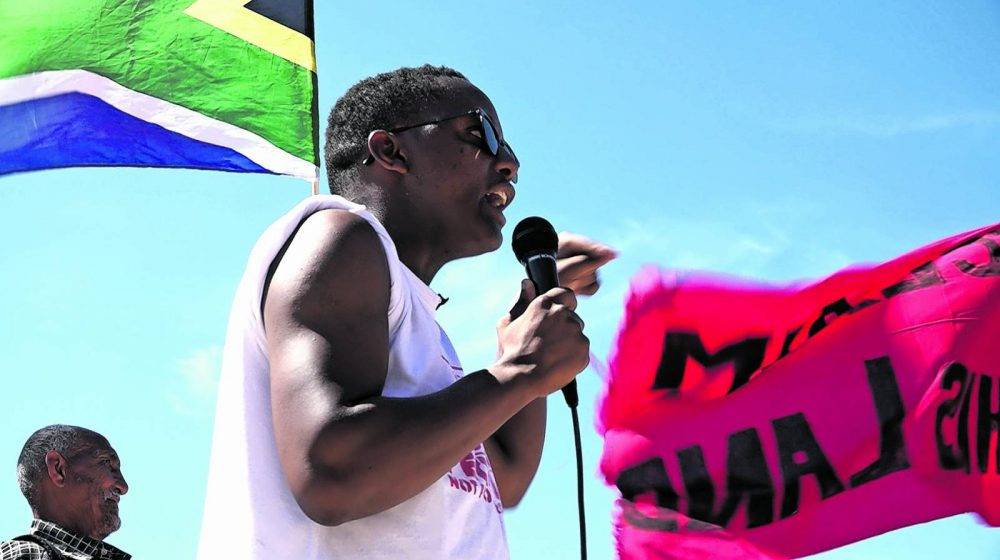
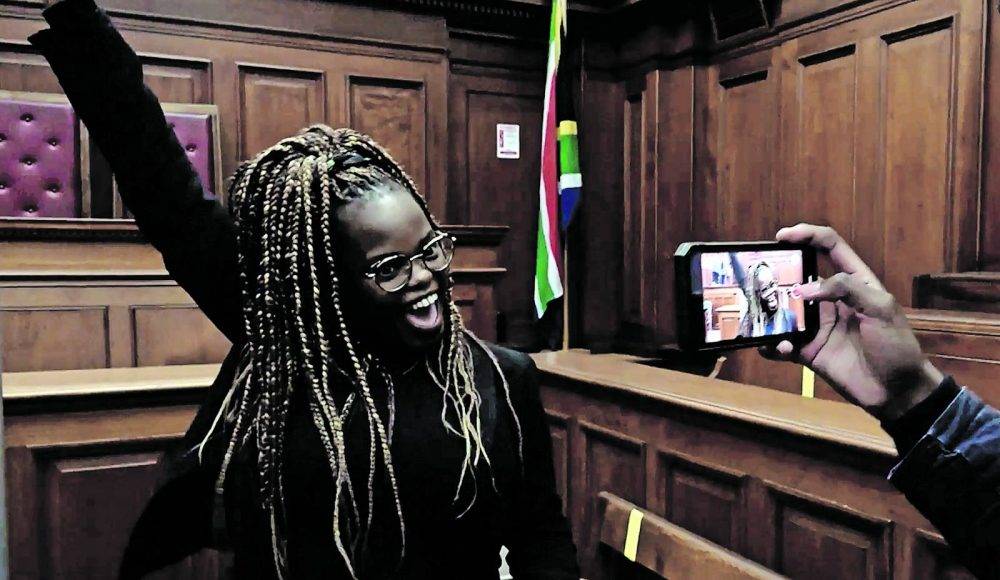
One of the Reclaim activists, Deena Bosch, is a natural in front of a crowd with her earthy humour. She raises a big laugh at a serious meeting when she deadpans about the politicians, “They’re just like the old National Party poepholle [arseholes] … ”
Joubert and Redelinghuys became like family with the occupiers and their lawyers.
“What did they call you? Tannie?” I ask Joubert.
“No, they called me ‘mlungu’. And they called me Miki.
“So, I do think that all white people look the same to black people,” she chuckles. “And I kept on saying, ‘I’m not fucking Miki!’”
Which, needless to say, had the occupiers booming with laughter. But as fly-on-the-wall-style filmmakers, that doesn’t feature in the film. Reclaim the City’s activists, their families and allies remain centre-stage.
Joubert is an investigative journalist who started her career in 1989 at Vrye Weekblad, the only Afrikaans anti-apartheid newspaper in South Africa. Having spent years as a news producer for ITV, Sky News and the BBC, she ended her journalism career blowing the whistle on the country’s biggest Sunday newspaper’s complicity in enabling then president Jacob Zuma’s attempts to loot the fiscus.
Joubert then produced a documentary on South African prisons, which was crowned with the UK’s specialist documentary filmmaking award.
Since 2016, she has developed a legal advice office for farmworkers with the support of the Bertha Foundation, where she is the director of the Bertha Challenge, an annual fellowship for investigative journalists and activists.
In her official biography, Joubert says she “loves nothing more than disrupting the status quo”.
I ask the experienced and arch shit-stirring scribe-filmmaker how being a young activist-journalist during apartheid differed from what she has seen filming Mother City.
“The only thing that’s really different is now I’m grey. And I am fatter, and I’ve got two children,” she quips, but becomes serious: “The story is exactly the same.
“I still live a better life because of my skin colour. And my children, because of their skin colour, still had access to better schools because their schools were in the city.
“And if you are Nkosikhona’s skin colour and you were born in Khayelitsha in a shack, you and your children will get a sub-par education. That was exactly the same as when I was 21 years old …”
Joubert wipes over her eyes.
“It’s fucking unforgivable. It is a crime against humanity that … And the ANC government has to answer for that. And the DA and whoever else is controlling this city. How is that possible 30 years into our democracy?”
The doccie took a long time to make, I remark. “Were there moments when you thought, ‘No, fuck it. Let’s just give up?’”
Joubert nods.
“Yeah. If it was not for Miki … Well, Miki is like a John Deere tractor. She just goes!”
Mother City opens Encounters on
20 June at the Ster-Kinekor V&A in Cape Town. Further screenings are on 22 June at the same cinema, and then in Johannesburg at The Bioscope on 27 June.
Encounter 50 documentaries
The 26th Encounters South African International Documentary Festival, which takes place in Cape Town and Johannesburg from 20 to 30 June, features thought-provoking films from around the globe.
Award-winning documentaries from the Congo to Kenya, the US, Europe, Lebanon, Japan and Palestine to South Africa and across the African continent — which tackle politics, music, culture, climate and far beyond — will celebrate the power of documentary cinema to inspire, inform and ignite change. Close to 50 films will be screened.
Go to encounters.co.za for more information.










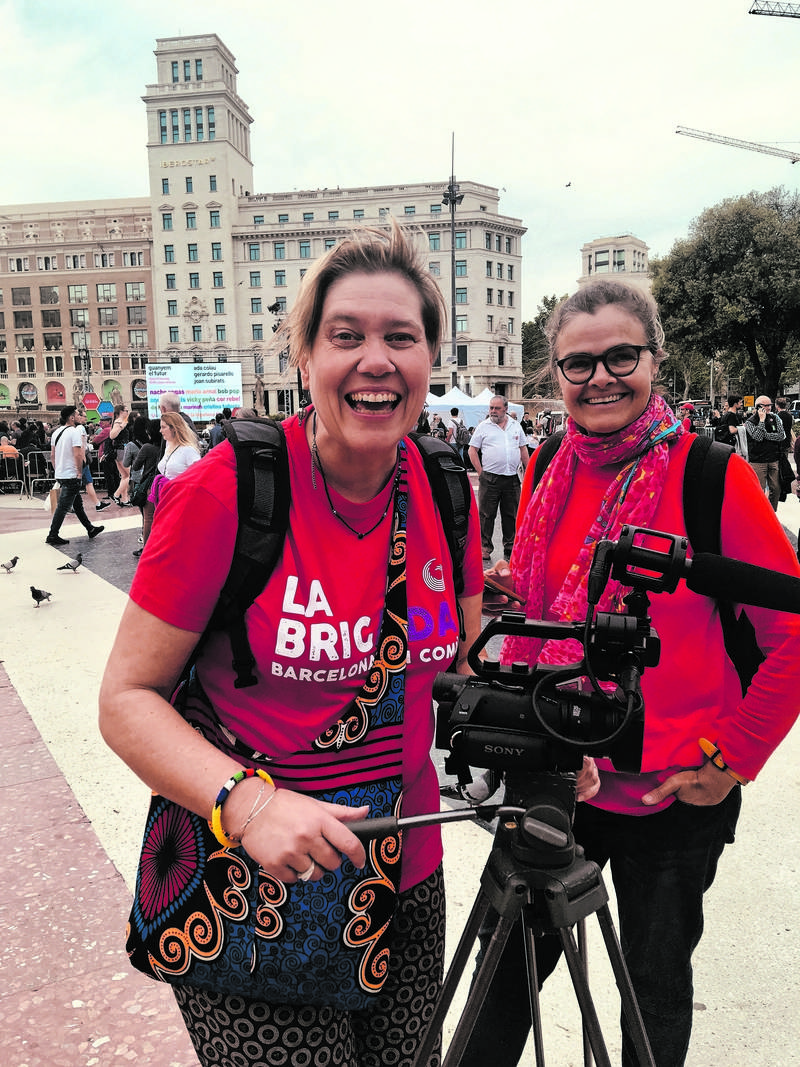



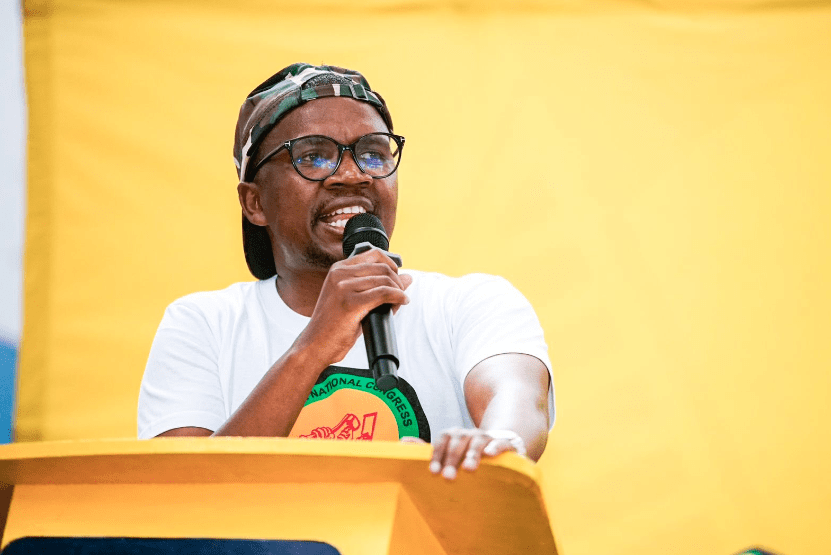


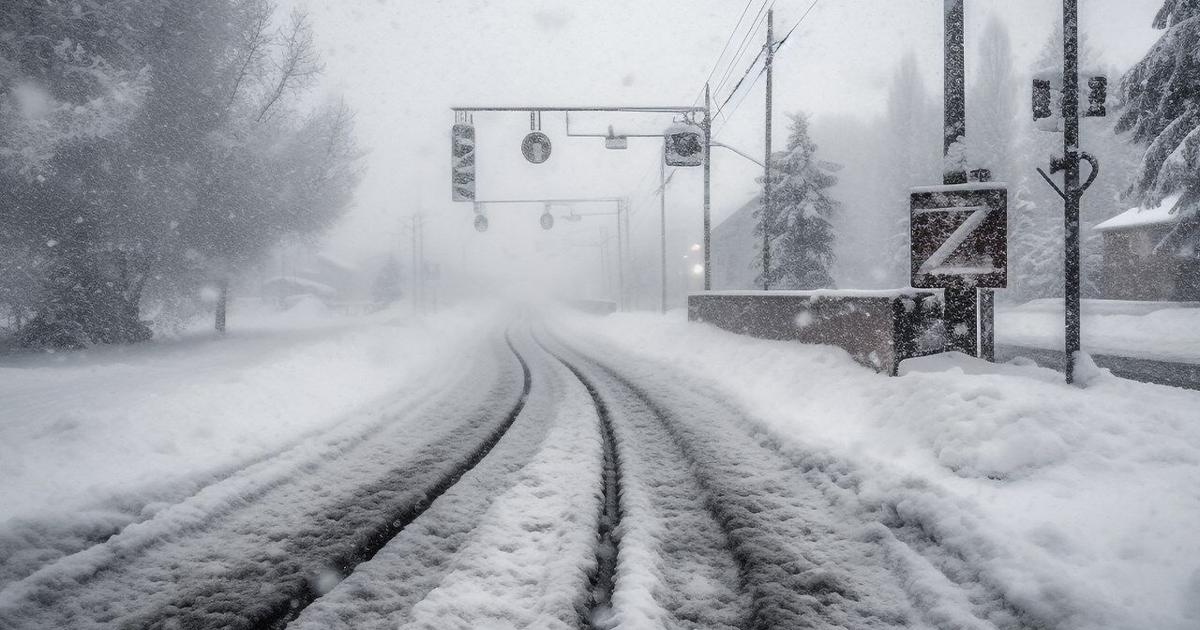



Discussion about this post